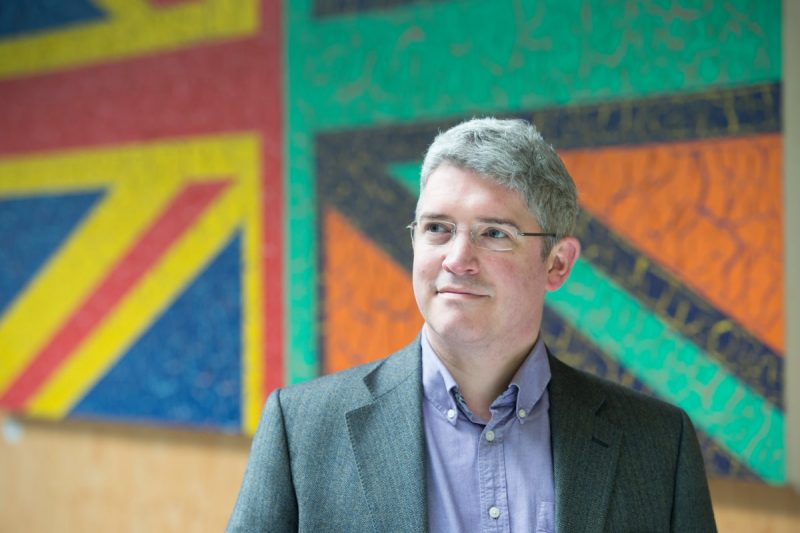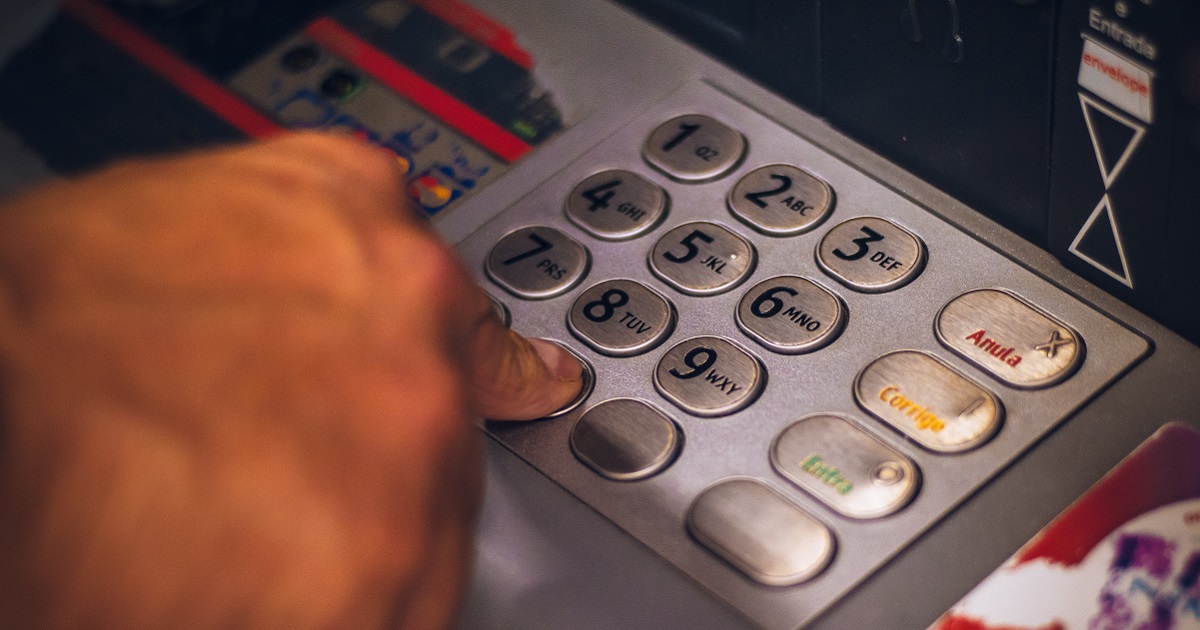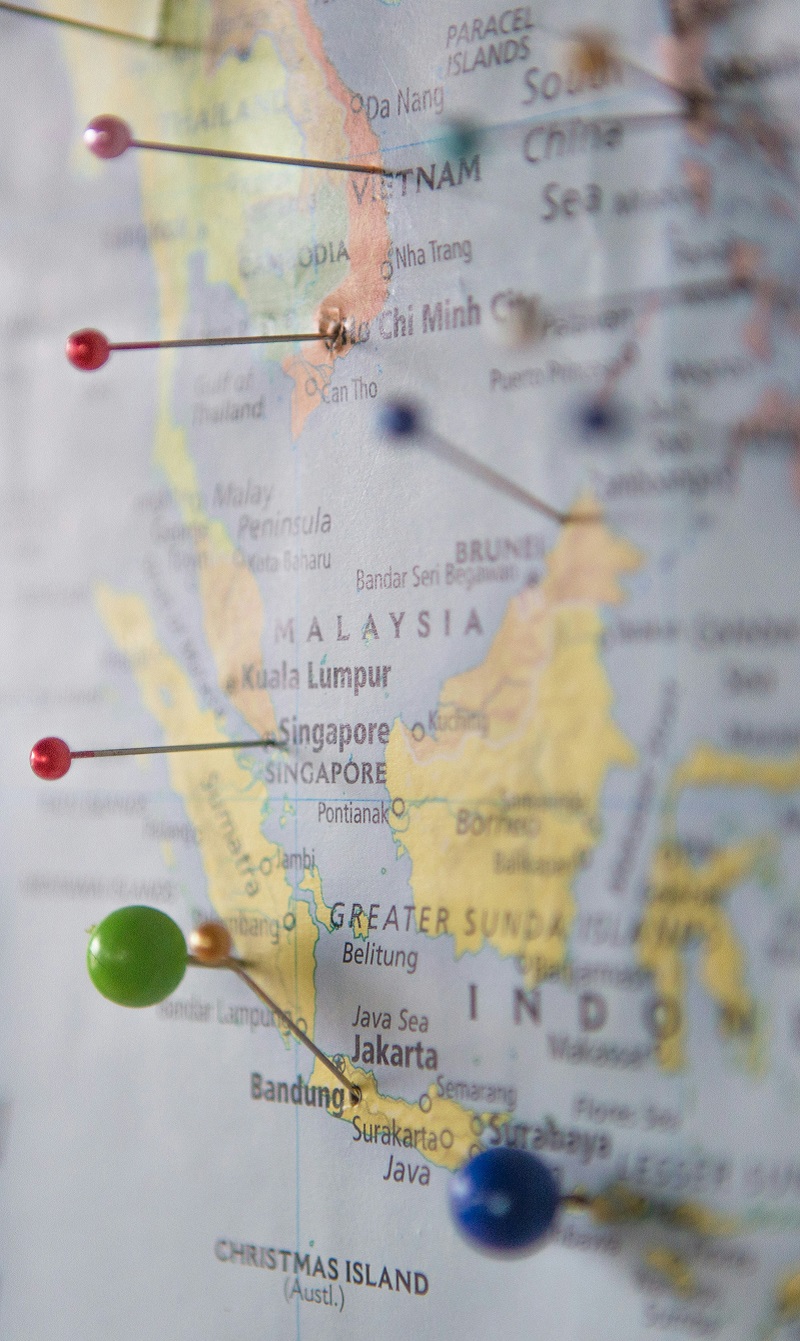Shift Happens
Here, Su Aziz chats with the United Kingdom’s largest cash machine network to find out benefits of shifting to a cashless society and central banks to produce their own digital currency. This article was first published in In Focus magazine issue 8.
As they say, shift happens and within the monetary realm, many are fast becoming cashless societies. While the pandemic has accelerated the shift from physical to digital currency rather aggressively due to necessity, digitalisation has made the transition a smooth process.
So, what’s next? Well, there seems to be many answers and several sharp speculations, or observations. These include central banks jumping onto the cryptocurrency bandwagon and produce their own digital currency, as well as the shift to a cashless society.
LINK runs the network that connects all 60,000 automated teller machines (ATM) in the United Kingdom. 90 per cent of the United Kingdom’s cash comes from LINK ATMs, effectively making it the largest cash machine network there. Cash remains a vital form of payment for British consumers and even during current COVID-19 lockdowns up to GBP1.4 billion of cash is dispensed every week from ATMs.

‘I was born in the 1960s when cash and cheques were the main means of payment, but now cheques are virtually non-existent in the United Kingdom and cash is only used for around one in 10 payments,’ says CEO of LINK, John Howells. ‘London, where I live, was leading the United Kingdom in the decline in cash usage and the rise of digital but the coronavirus pandemic has seen reductions in cash withdrawals of 50 per cent right across the United Kingdom.’ This change, according to John, has been very fast and cash still accounted for six in 10 payments just a decade ago, which was around the time he became LINK’s CEO.
Here, on behalf of LINK, John answers some questions on the shift to a cashless society and digital currency.
Should the shift to digital currency happen?
LINK supports payments choice for all. We aren’t for or against cash versus digital and the reality is that consumers are choosing to move to digital at pace. The issue in the United Kingdom is doing that in an inclusive way. It would be unacceptable for some of the five million consumers here who rely on cash, to be left behind as the country goes to digital. That’s why an inclusive approach to developing digital, including central bank digital currency (CBDC), while maintaining cash access and acceptance for as long as is needed, is LINK’s strategy.
Why should CBDC be regulated?
Currency is a vital tool in how individual governments run their countries and therefore as physical currency declines, LINK expects most central banks to launch CBDCs. Individual countries or blocks will manage regulation of their key policy tools such as CBDCs but there are strong incentives for coordination on some common standards. This is because broad global acceptance of your CBDC and improving efficiency in cross-border payments are some of the benefits that CBDC will bring. Physical and digital central bank currency will be full fungible, and so the value of a physical note or a digital unit will be identical.
What do you predict to be the benefits of digital currency for a population, especially for the United Kingdom?
The key benefit will be to enable all consumers in the United Kingdom to access digital means of payment and value storage which combines the benefits of physical cash as well as digital. This in turn will support a more sustainable and greener economy, easier access to broad digital products and services, and a resilient and safe payments infrastructure in the face of growing fraud as well as operational resilience risks.
How will LINK adapt to a cashless society?
LINK’s job is to maintain a broad access to cash network so that no consumer is forced off cash before they wish, while supporting the development and rollout of an inclusive and innovative approach to digital. CBDC implementation will be a key enabler of inclusive and innovative digital payments.
Main photo by Eduardo Soares on Unsplash.





